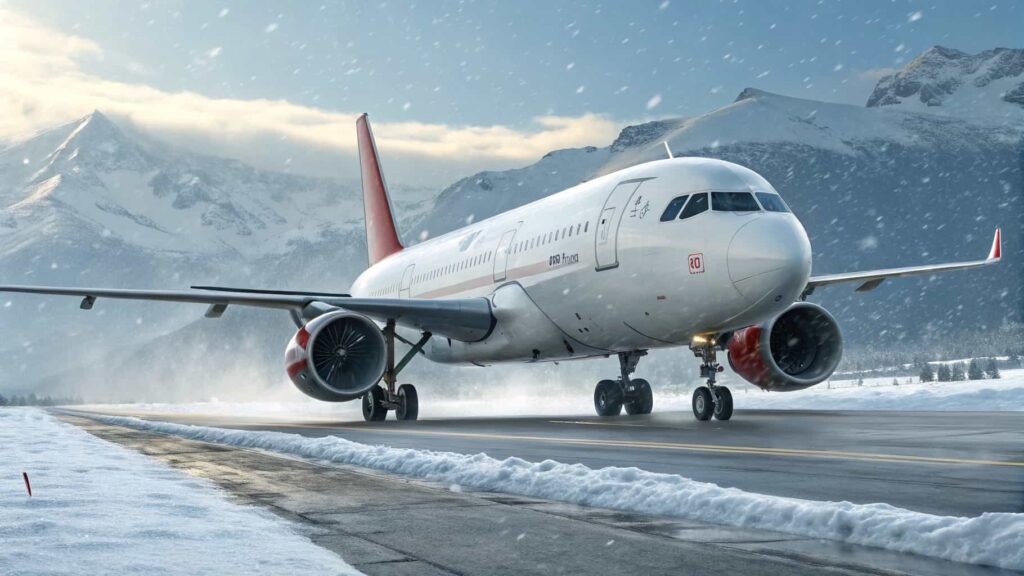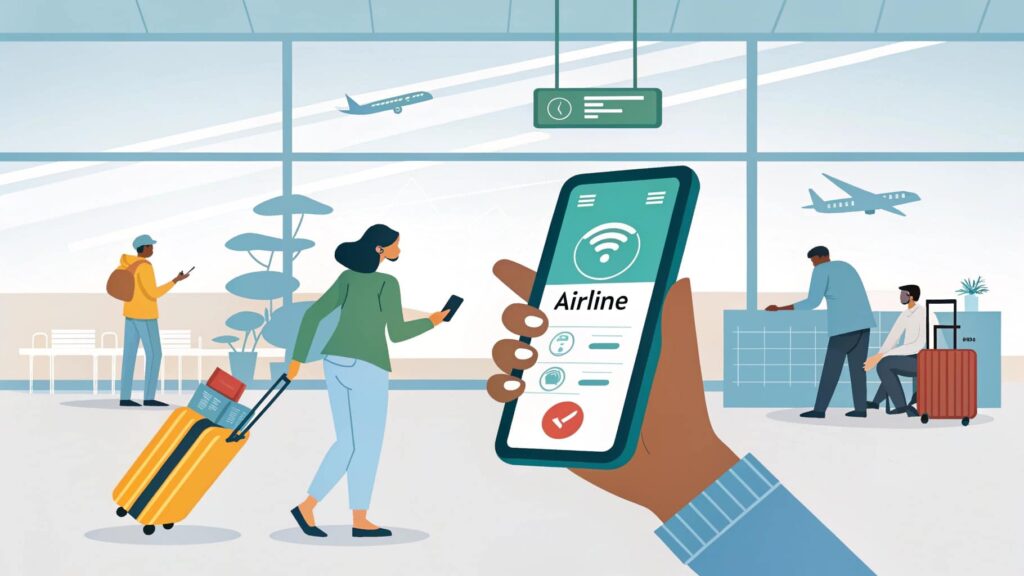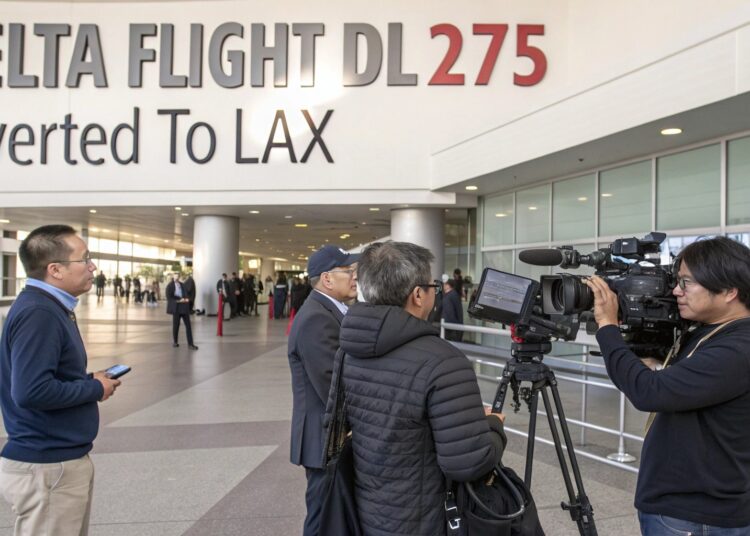Delta Flight DL275 diverted to LAX is a headline that caught the attention of travelers, aviation enthusiasts, and news watchers worldwide. This international flight, originally scheduled from Detroit Metropolitan Wayne County Airport (DTW) to Tokyo Haneda Airport (HND), made an unexpected diversion to Los Angeles International Airport (LAX) due to a technical issue. While all passengers and crew remained safe, the diversion raised many questions about what happened, why LAX was chosen, and how Delta handled the situation.
In this detailed guide, we explain everything about Delta Flight DL275’s diversion to LAX, including the cause, airline response, impact on passengers, and broader implications for the aviation industry.
Overview: Delta Flight DL275 Diverted to LAX
On May 26, 2025, Delta Air Lines Flight DL275, operated on an Airbus A350-900, took off from Detroit bound for Tokyo. Several hours into the transpacific journey, the aircraft experienced a technical malfunction in one of its engine anti-ice systems. This prompted a strategic diversion to Los Angeles International Airport, where the aircraft landed safely.
Key Flight Facts:
- Flight Number: DL275
- Aircraft Type: Airbus A350-900
- Route: Detroit (DTW) ➜ Tokyo Haneda (HND)
- Diversion: Landed in Los Angeles (LAX)
- Reason: Engine anti-ice system failure
- Outcome: Safe landing, passengers rebooked
What Caused the Diversion?

Engine Anti-Ice System Failure
The primary cause for the diversion was an issue with the anti-ice system on one of the aircraft’s engines. This system is critical on long-haul flights, especially those flying at high altitudes and over oceanic regions where temperatures drop below freezing. A failure in this system can lead to ice accumulation on engine components, potentially affecting performance and safety.
Pilot’s Decision for Safety
Delta’s pilots followed strict safety protocols. Once the issue was detected, they decided to reroute the aircraft to LAX, a major Delta hub with full technical support. This decision was made while the aircraft was flying over remote northern regions, and continuing over the Pacific posed potential risks.
Why Was LAX Chosen for the Diversion?
When Delta Flight DL275 diverted to LAX, many asked why it didn’t return to Detroit or land in Seattle, a closer airport. Here’s why LAX was the best option:
1. Major Delta Technical Hub
LAX has a Delta TechOps maintenance base, fully equipped to handle large aircraft like the Airbus A350. The airport has the parts, engineers, and tools needed to inspect and fix wide-body jets quickly.
2. Long Runways and Facilities
LAX offers long runways, full international customs support, and gate availability for diverted international flights. This makes it a preferred choice for emergency or technical landings.
3. Efficient Rebooking and Passenger Care
Being a hub allows Delta to quickly rebook passengers on connecting flights, provide hotel accommodations, and issue compensation—minimizing disruption and stress.
What Happened After Landing?
When Delta Flight DL275 landed at LAX, Delta staff and emergency response teams were ready. Here’s how they managed the situation:
Safe Disembarkation
The plane landed safely, and all passengers were unharmed. Cabin crew ensured a calm and organized disembarkation.
Passenger Services Provided
Delta offered:
- Rebooking options for Tokyo-bound travelers
- Hotel accommodations for overnight stays
- Meal vouchers and transportation
- Real-time updates via Delta’s mobile app, email, and gate staff
Customer Reactions
Despite the inconvenience, many passengers praised Delta for its fast and organized response. Real-time social media posts appreciated the professionalism of both the flight and ground crews.
Also read: Artofzio
Flight Tracking: The 5-Hour Detour
After detecting the issue, DL275 flew west for nearly 5 hours before reaching LAX. It had already passed Alaska and was near the Bering Sea. Turning back wasn’t feasible, and diverting to other airports (like Anchorage or Vancouver) lacked sufficient support for the A350 and 200+ passengers.
Live tracking platforms like FlightAware and Flightradar24 showed the long arc toward California. This unusual route raised public curiosity and further fueled discussions online about what led Delta Flight DL275 to divert to LAX.
What Passengers Said
Several passengers took to Reddit and Twitter to share their experience. Some common sentiments:
“Delta handled it well. We were nervous at first, but the flight crew kept us informed.”
“We flew for hours before landing in LA. The hotel and food vouchers helped, and I got rebooked to Japan the next day.”
This kind of transparency and care helps protect Delta’s brand image and boosts customer loyalty even during flight disruptions.
What Should Travelers Know About Diversions?
Flight diversions are rare but not unusual. Here’s what travelers can learn from the DL275 diverted LAX situation:

1. Safety First
Airlines prioritize passenger safety. Diversions, though inconvenient, are made to avoid potential mid-air risks.
2. Flexibility Is Key
Always keep essentials (like medications, chargers, and snacks) in your carry-on in case of unexpected delays or diversions.
3. Use Airline Apps
Apps like the Fly Delta app give real-time flight updates, rebooking options, and digital boarding passes—making the recovery process smoother.
What Happens to the Aircraft?
After landing at LAX, the aircraft—Airbus A350-900 (registration N508DN)—underwent a full inspection by Delta’s maintenance crew. The engineers:
- Checked and repaired the anti-ice system
- Ensured both engines were functioning properly
- Cleared the aircraft for future flights only after passing all tests
Broader Impact on Delta and Aviation
Delta’s Reputation and Operational Readiness
This diversion showcased Delta’s ability to manage large-scale international disruptions efficiently. By using a major hub like LAX, they avoided chaos and preserved passenger confidence.
Regulatory Reviews
While there were no injuries or damages, the FAA may still review the incident as part of standard procedure. Data collected from the flight is likely used to improve future safety protocols.
Lessons for Airlines
The DL275 diversion highlights the importance of:
- Having strong technical hubs
- Training pilots and cabin crew for mid-air emergencies
- Transparent communication with customers
Also read: Kat Pungdumri
What Passengers Should Do After a Diversion
If you’re ever on a flight that gets diverted:
- Stay Calm – Most diversions are precautionary.
- Follow Crew Instructions – They are trained for such situations.
- Use the App – Update your flight status, rebook, and track baggage.
- Keep Receipts – For hotel, meals, and transportation to seek reimbursement if needed.
- Know Your Rights – Check airline policies and compensation eligibility.
SEO FAQs About “Delta Flight DL275 Diverted LAX”
1. Why was Delta Flight DL275 diverted to LAX?
Delta Flight DL275 was diverted due to an engine anti-ice system failure, prompting a precautionary landing at LAX for technical inspection.
2. What aircraft was used for DL275?
DL275 was operated using a Delta Airbus A350-900, a modern wide-body aircraft used for long-haul international routes.
3. Did any passengers get injured?
No, all passengers and crew onboard DL275 were safe and disembarked without injury.
4. Was Tokyo-bound travel affected?
Yes, passengers experienced delays but were rebooked on later Delta or partner airline flights to Tokyo.
5. Is LAX a Delta hub?
Yes, LAX is one of Delta’s key hubs, especially for international and wide-body operations.
6. How long was the flight diverted?
The aircraft flew nearly 5 additional hours before landing at LAX, making the total airborne time longer than usual.
7. Did the plane return to service?
Yes, after inspection and repairs, the Airbus A350 was returned to active service.
8. How did passengers respond?
Most passengers praised Delta for timely communication and helpful service, even during an unexpected disruption.
9. Was the flight cancellation or diversion refunded?
Passengers were offered rebooking, hotel accommodations, and vouchers, but refunds depended on individual bookings.
10. How often do diversions like this happen?
Diversions are rare but routine in global aviation and typically occur for safety or technical reasons.
Conclusion:
The diversion of Delta Flight DL275 to LAX highlights how safety, professionalism, and quick response remain top priorities in aviation. Despite the disruption, Delta ensured all passengers were safe, informed, and cared for—demonstrating effective crisis management in the skies.
Related post:
















